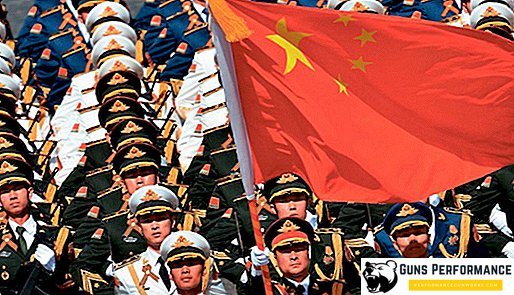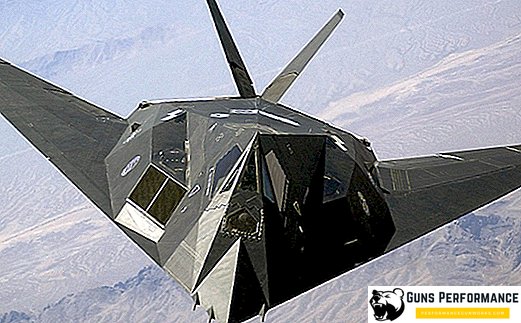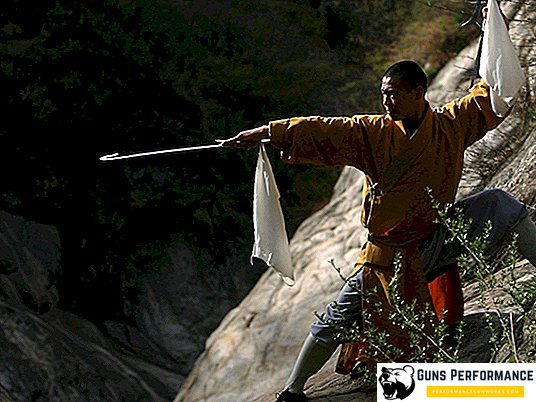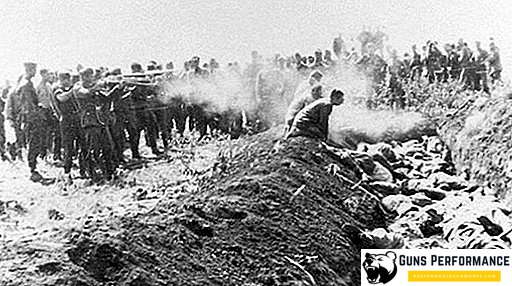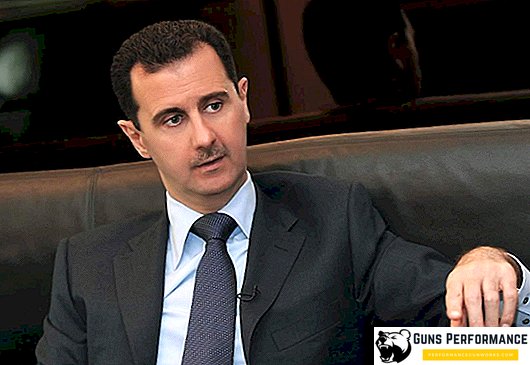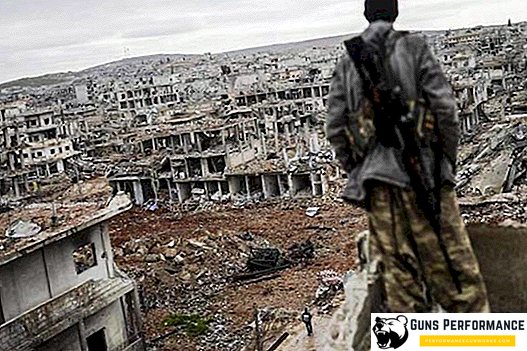
The situation in the north of Syria is increasingly heating up. The United States, Russia and Turkey continue to strengthen their military groups in the region and exchange formidable statements. Not so long ago, the Americans declared about the upcoming use of chemical weapons by government troops, and promised not to let this go unpunished.
At a meeting of US national security adviser John Bolton with Nikolai Patrushev, the American said that his country was ready to respond to the possible actions of Assad "with more power" than was done before. Russia, in turn, accused the West and its allies in the region to prepare for a chemical provocation and reported on the carrier of cruise missiles, the famous Tomahawks, to the borders of Syria.
Even harsher were the statements of politicians in America itself. For example, Congressman Kinzinger said: "The genocide in Syria took more than half a million lives, including 50,000 children. The expected attack in Idlib could be the worst attack ... Assad and Putin hope that we do not care, but we have to do to their expectations did not materialize. "
Meanwhile, preparations for an attack on the northern province of Idlib are in full swing. The head of the Russian Foreign Ministry, Lavrov, called it an “abscess,” although earlier, domestic diplomats issued the creation of such “de-escalation zones” as a powerful step towards a settlement in the country.
Syrian chemical weapons as a factor in geopolitics
The history of the use of toxic substances in the Syrian conflict is very rich, and almost every himatak had serious foreign policy consequences. The first of these occurred back in 2013, and it put the very American President Barack Obama in a very uncomfortable position. He was a lover of drawing various "red lines", and as one of them was the use by Assad of combat gases against the civilian population. And it took place in the Eastern Gute. Then Obama’s reputation was saved by “friend Vladimir”, under whose responsibility all Syrian chemical weapons were removed or disposed of. Some experts believe that the events in Guta were a provocation by the Saudi special services, which tried to draw the US into Syrian porridge in this way.
And although the goal was never achieved, this tactic showed its high efficiency, because the global “HYIP” about Himataki was simply enormous.
In the spring of 2017, everything happened again in Khan-Sheikhun, but it is likely that the special services of Iran were now behind the attack. At that time, the Kremlin was seriously thinking about “jumping off” from the Syrian theme, which was absolutely not part of Tehran’s plans. The result of the himataki was the strike of the Americans on Shairat, after which there could be no question of the withdrawal of the Russian contingent - it would have looked like a complete loss of face.
Who will begin today to “poison” the long-suffering Syrians is a very debatable question, but it’s still a crime to attack Assad, after which, most likely, a new missile-bombing attack will follow.
The current situation around Idlib
Asad pulled practically everything he had to the north of the country — the largest grouping of troops in the entire history of the conflict was assembled. It is opposed by the “hodgepodge” of radical and moderate groups. In terms of strength, the parties are approximately equal, with many experts arguing that the militants are better equipped, trained and motivated. The only trump card of the pro-government coalition is the presence of aviation.
The main intrigue of the operation is the degree of participation of Ankara in it. In recent months, the Turks are busy strengthening Idlib and the transfer of regular forces on the Syrian border. Not far from the proposed theater of hostilities, Turkish air defense complexes have already been deployed, which, if there is a political will, can easily turn the province into a no-fly zone.
If desired, the Turks can seriously "complicate life" Assad and his allies: even supplying the rebels with ammunition will make the task of the government forces much more difficult. Of course, Assad would like the events in Idlib to develop according to the same scenario as the south of Syria, when Ankara, having received certain political profits, simply took the militants from their positions. The problem is that now Damascus has nothing to offer the Turkish side.
There is one more thing. The operation in Idlib with the large-scale use of aviation can turn about 2 million Syrians into refugees. And they, except Turkey, have nowhere to go. And such a prospect can not but bother Erdogan, especially against the background of recent economic turmoil in his country.
A hypothetical chemical attack - and the subsequent strike by the Western coalition - can generally “hang” the situation, which, in principle, is beneficial for Turkey and the United States, but is not at all part of Assad’s plans, because he cannot keep the entire combat-ready army in the north. And certainly this will not suit Russia, because once again it will prolong the conflict, which every day devours money and resources.


